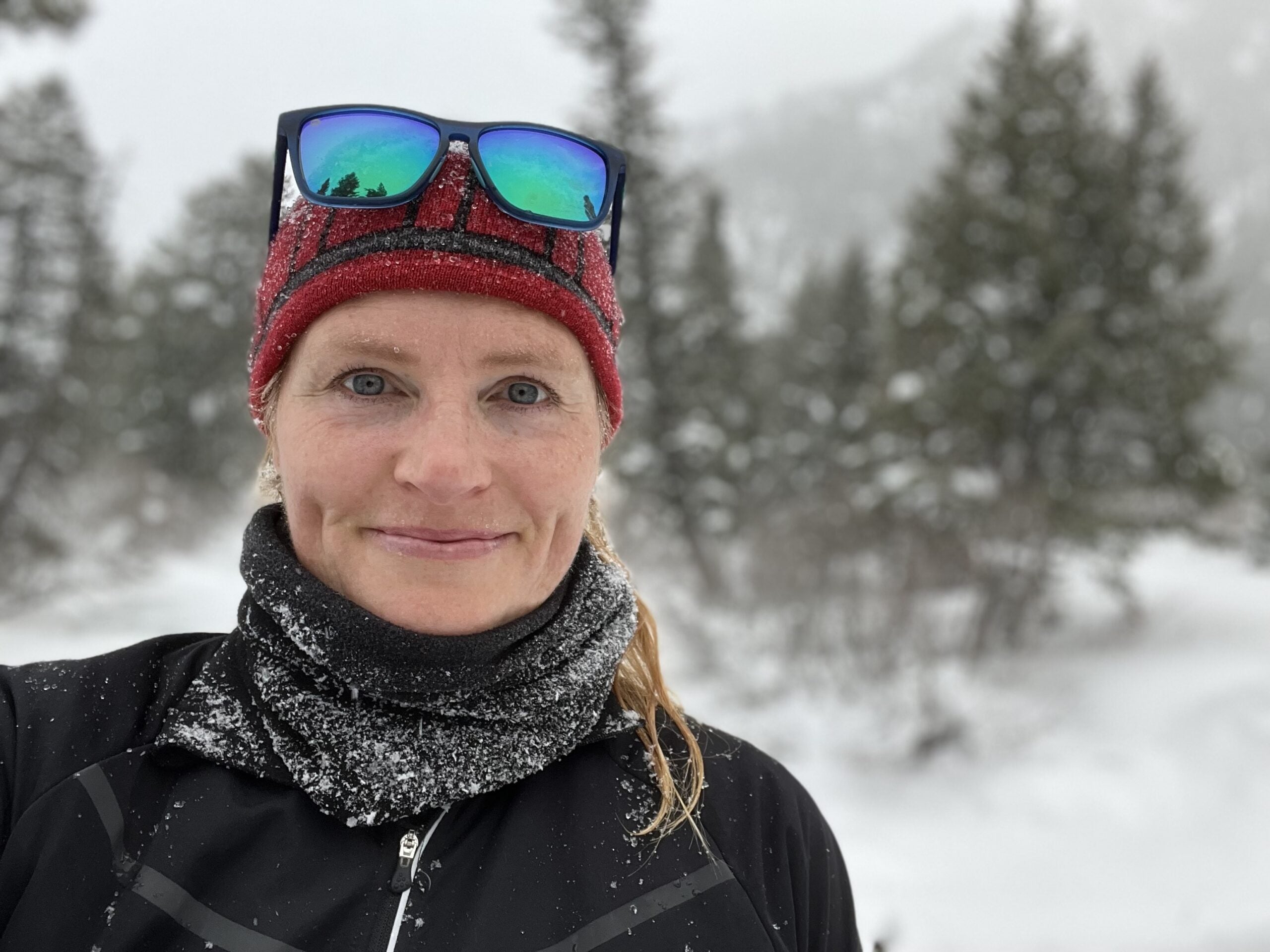
Shelanda Kujala, a kinesiology master’s student, is the winner of this year’s Distinguished Master’s Thesis Award and in doing so, has set a profound example for not only her peers and colleagues but the oncoming generations of youth.
Kujala’s project was innovative and impressive in the way she took her research from the lab to the field and exemplified adaptability as this decision opened up more changing variables, but gave insight to real conditions and reactions that are irreplicable in a lab environment.
Kujala was interested in how anxiety before competitions can affect the performance of young athletes. She specifically chose cross country runners from two different high schools, 21 in total. She calls attention to mental skills training and its effect on successfully being able to manage stress. She closed the gap in literature surrounding the effectiveness of mental skills training for both the mental and physical well being of athletes and their ability to perform.
To measure stress accurately she had her participants complete Competitive State Anxiety Inventory-2R as well as saliva sampling. This allowed her to measure stress and anxiety in more ways than one, both objectively and subjectively. She collected data three separate times. The first was a baseline testing with no training, the second was 20 minutes before a race, prior to receiving any mental skills training from Kujala and the last occasion was after completing three of the sessions.
In the end, Kujala found that there was no significant change in any of the variables before or after the mental skills training. However, this is to be seen as a positive considering the amount of stress that comes near the end of season for competing athletes.
The choice to take this research to the field allowed for raw, practical and authentic data but also brought challenges as well. Regardless of obstacles like weather or lacking a consistent time of day to record data, Kujala was still able to collect accurate data from nine participants and leave a positive impact on the athletes involved, all while taking precautions against COVID-19. She demonstrated great passion for her research and the athletes involved in her study.
Kujala herself led workshops on relaxation and taught the participants breathing patterns that allowed for improved oxygen flow as well as a technique called “self talk” which helps to change thought patterns prior to performance. The high school coaches were thankful for Kujala’s work and this impact is one of the many reasons she was nominated for and won the Masters Thesis Award this year.